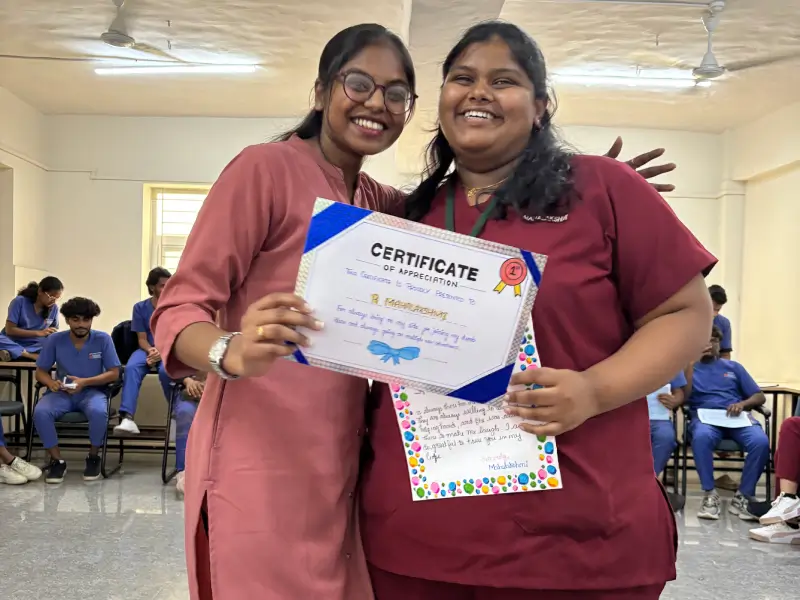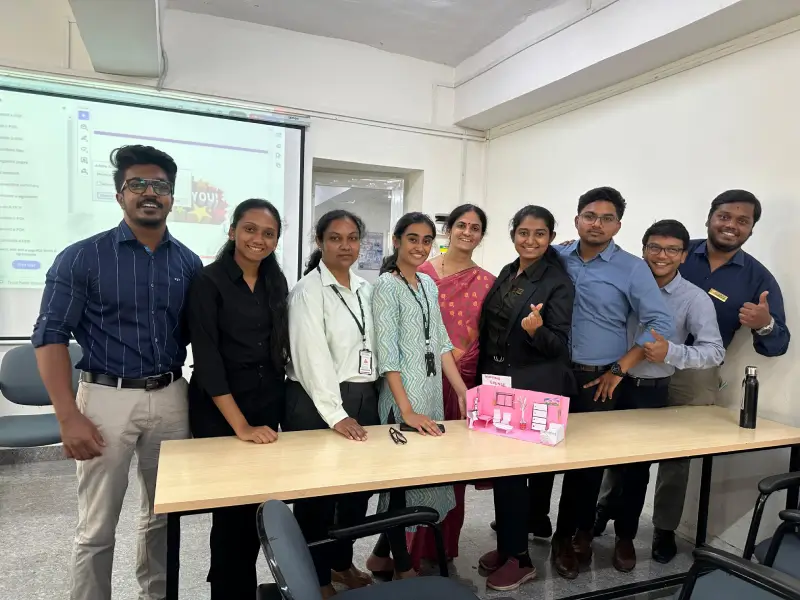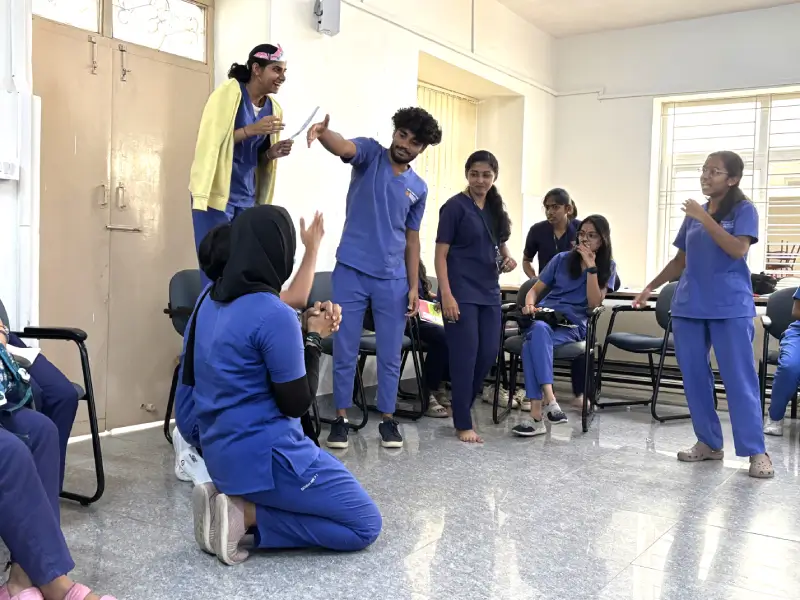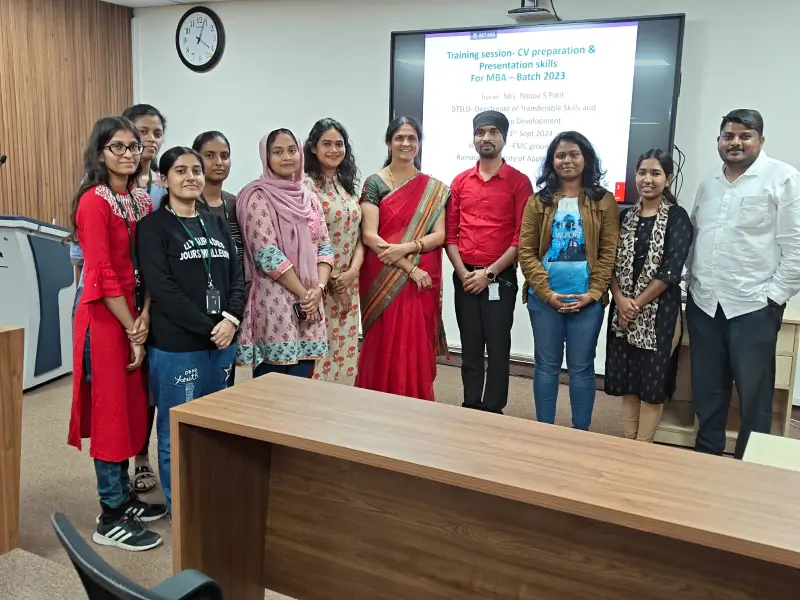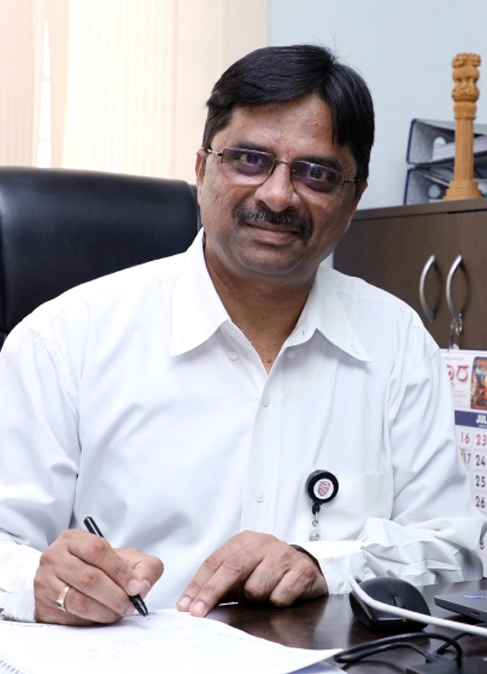The Directorate of Professional Development is dedicated to shaping holistic and industry-ready professionals. The directorate designs comprehensive and multi-dimensional programs bridge the critical gap between academic learning and industry requirements.
Directorate of Professional Development
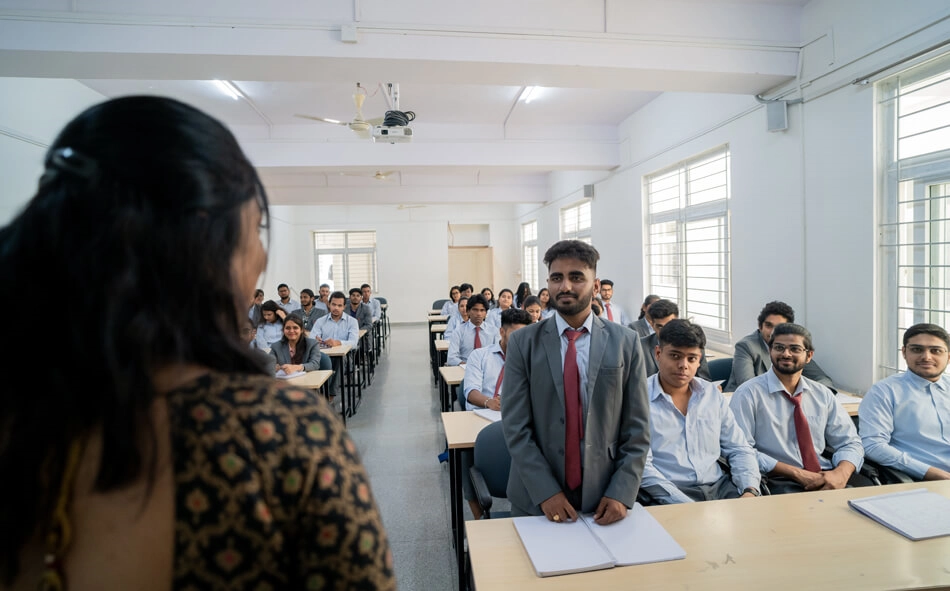
Our Mission
- Helping students in developing skills which are transferable to the work environment.
- Enhancement of the transactional, transformational and transcendental leadership skills in the university stake holders to align with the University’s Mission to serve the technical, scientific and economic needs of our society.
- Equip students with professional skills to seamlessly transition into the workforce.
Our Activities
Courses
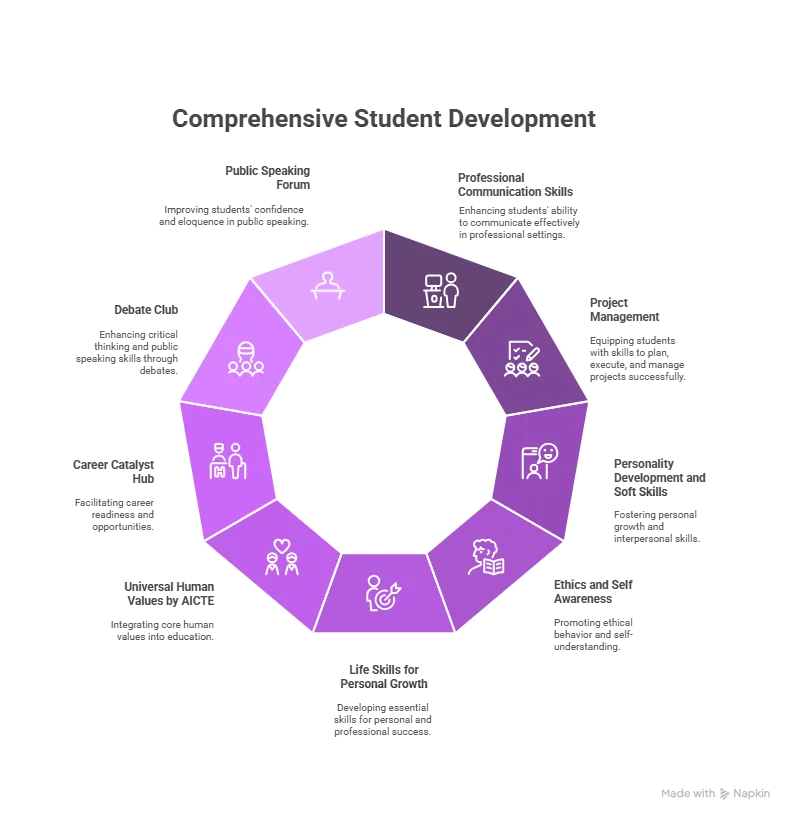
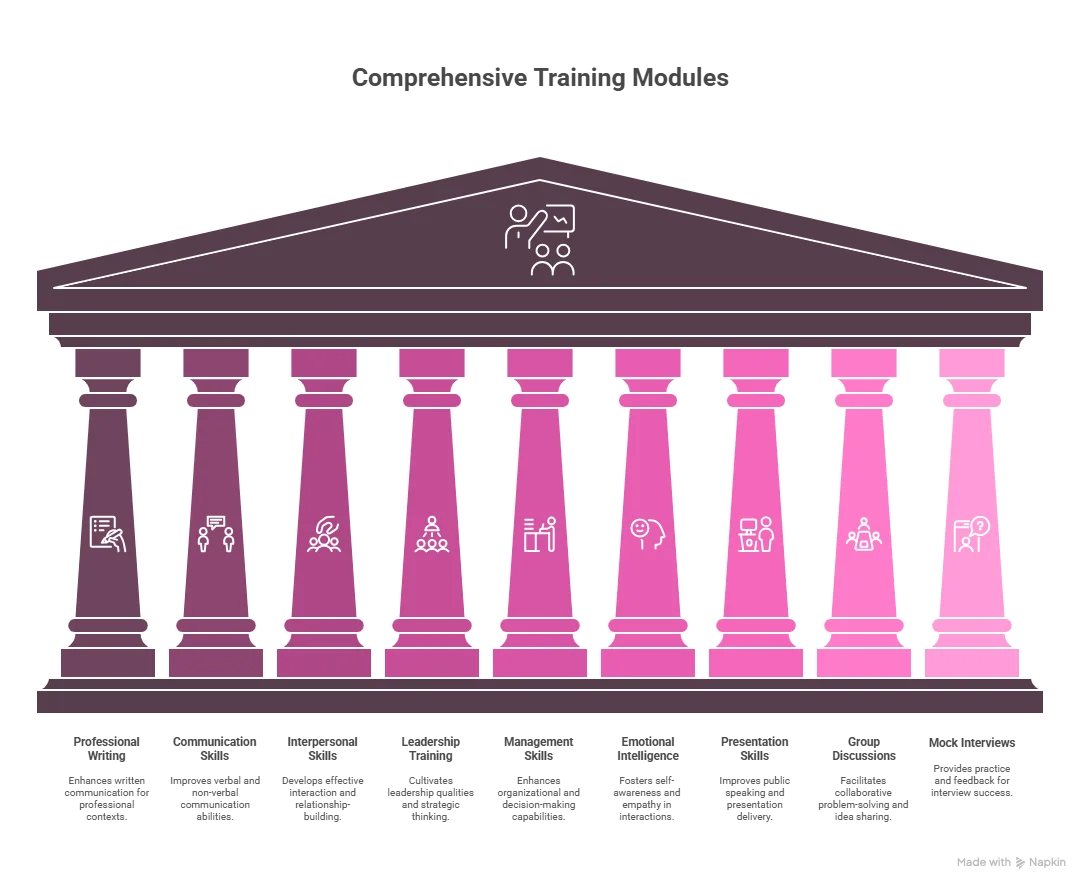
Clubs
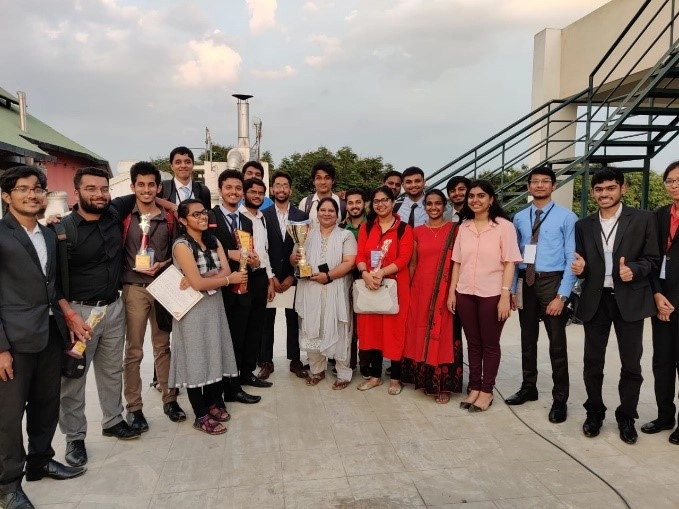
Objective
RUAS debate club was formed in 2016. The main objective of the club was to provide an active and engaging platform for the students to improve their thinking and analytical skills. It also helps to develop verbal ability along with listening and note taking skills. It teaches them the skills of researching, organizing, and presenting information in a compelling fashion. It provides open and equal opportunities to every member to excel in any form of public speaking they wish. This being a very dynamic club, acknowledges the views and ideas of every member.
Vision
We believe that every student is a brilliant mind, so they must be guided to communicate their ideas in the most effective manner to ensure the greater good of the society.
Mission
The RUAS debate club strives to inculcate the skills of effective communication by encouraging students to deliberate in an eloquent and logical manner. Making every student an effective communicator is our solemn resolve.
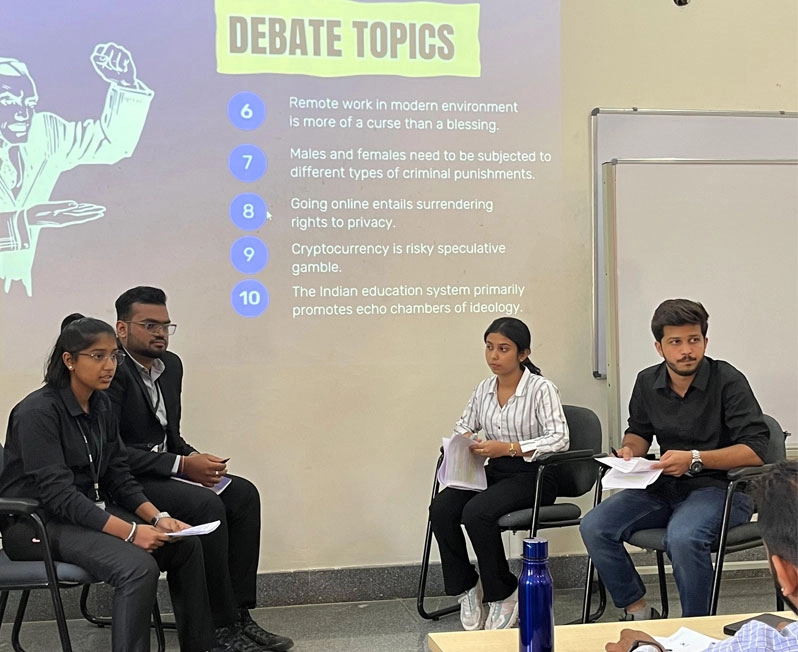
Award & Achievements
- Best Delegation Award SSMRV MUN 2020
- Participants for Pecon -2019, few of the participants won individual awards
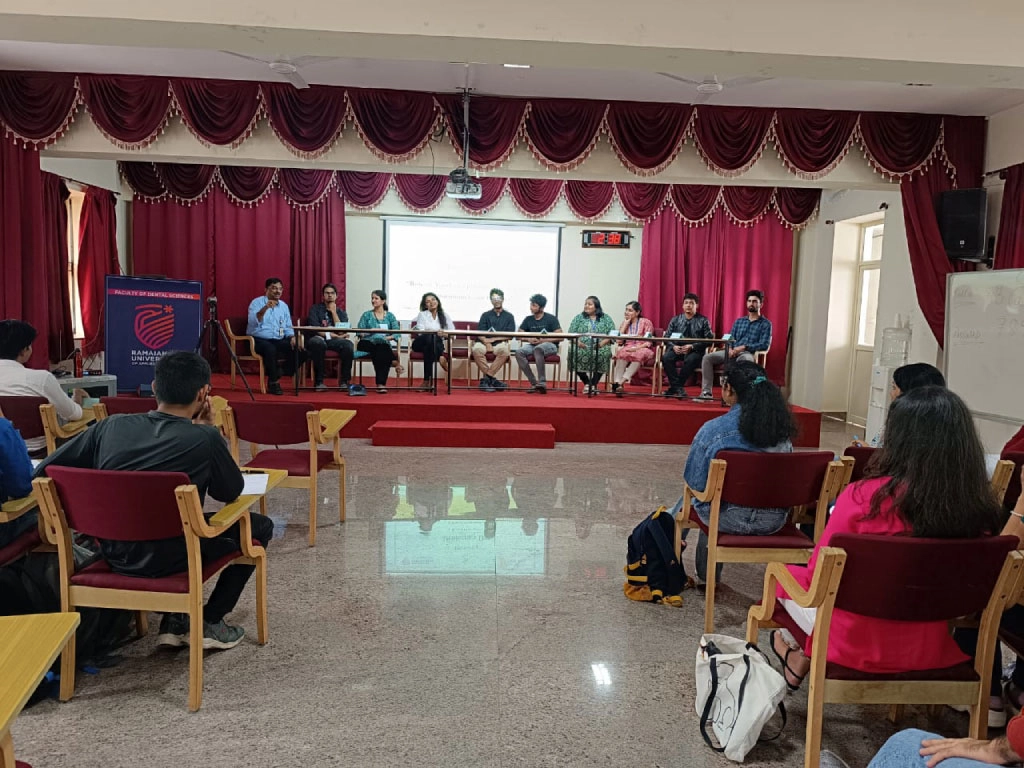
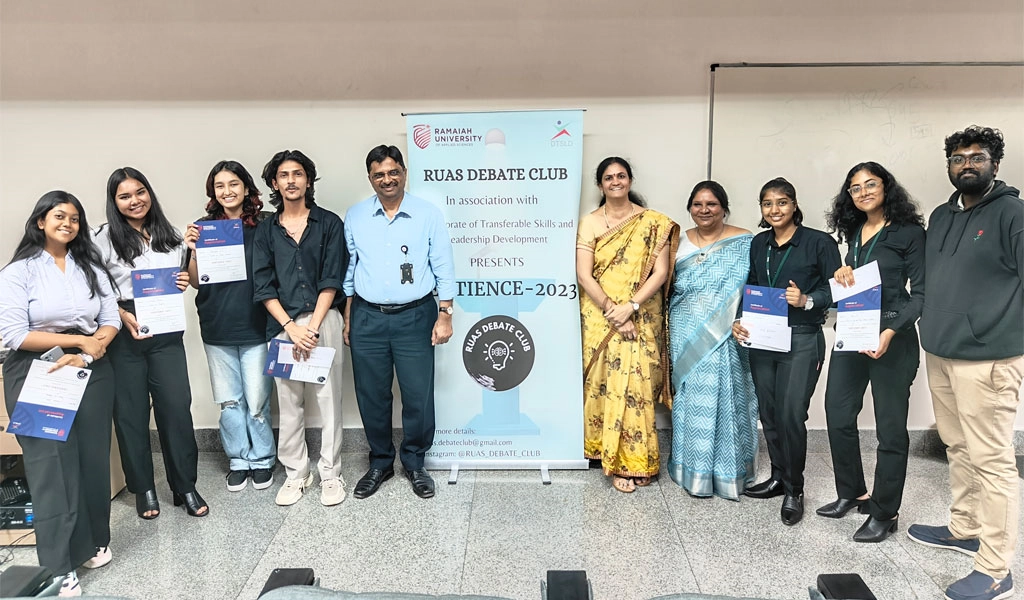
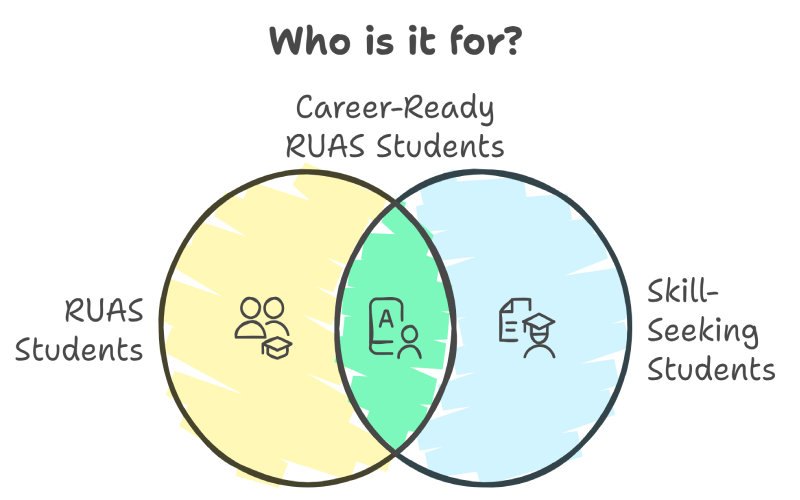
Objective
Career Catalyst Hub aims to provide undergraduate and postgraduate students of Ramaiah University with a dedicated space to practice and enhance essential skills required in the industry, such as interview speaking, group discussion, and presentation skills. The objective is to equip students with necessary skills and confidence to prosper in a professional setting.
The goal is to use practice sessions and individual feedback to enhance students'
- Speaking skills
- Boost their confidence
- Increase their chances of securing a rewarding career
Need:
There is an evident gap between academic learning and industry requirements. This hub seeks to bridge this gap by offering opportunities for practical skill development. This platform will facilitate the shift of a student from a pupil to an efficient employee who is always open to learning.
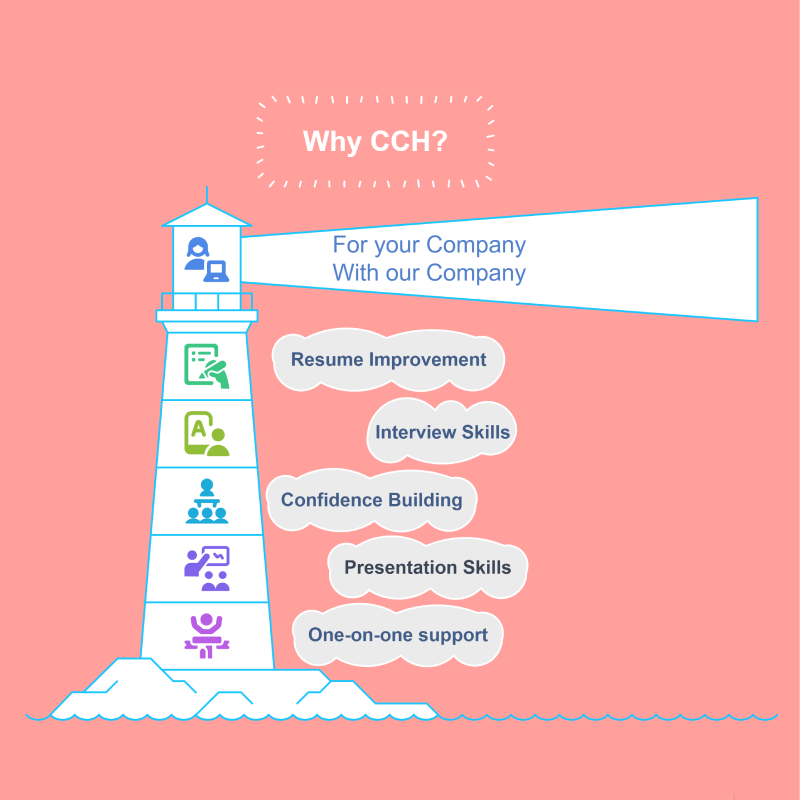
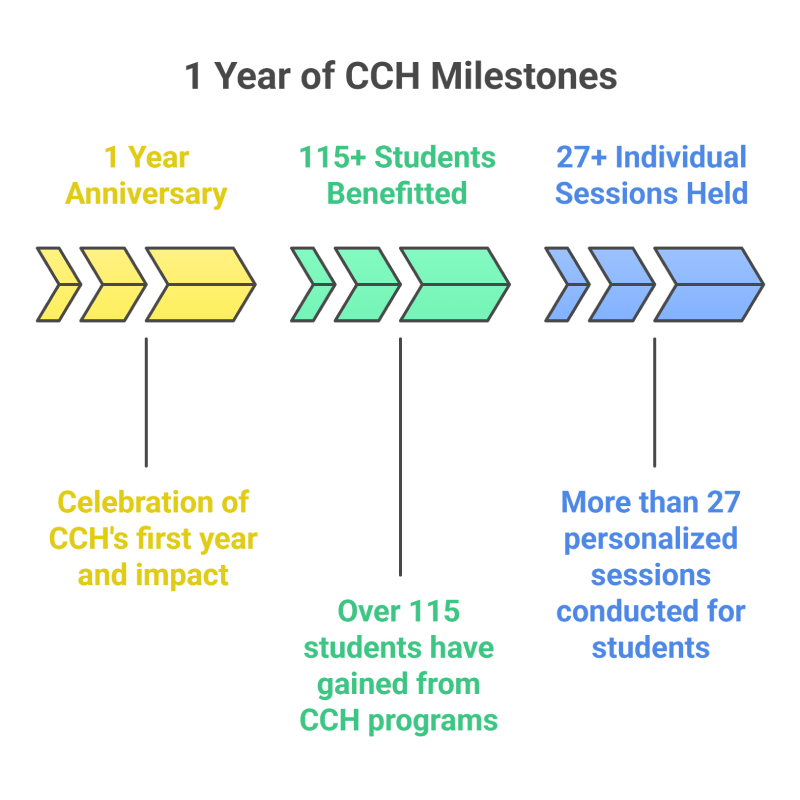
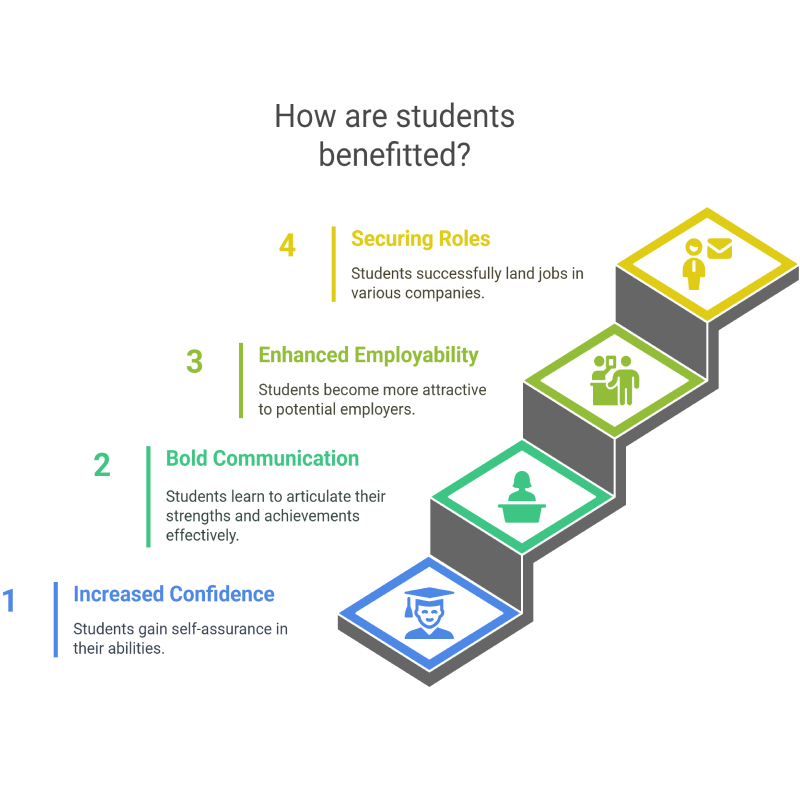
DTSLD Team
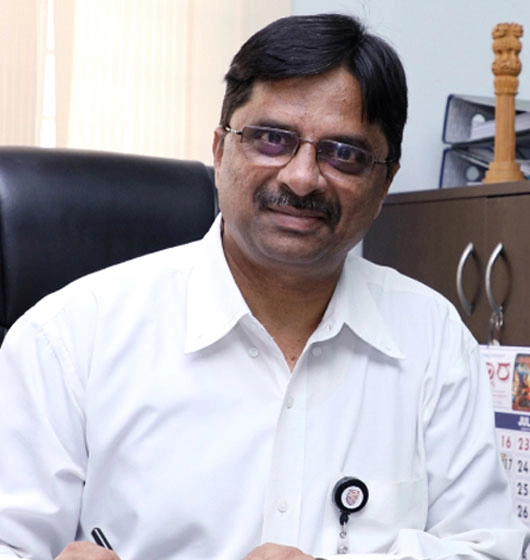
Jyothi Shankar G
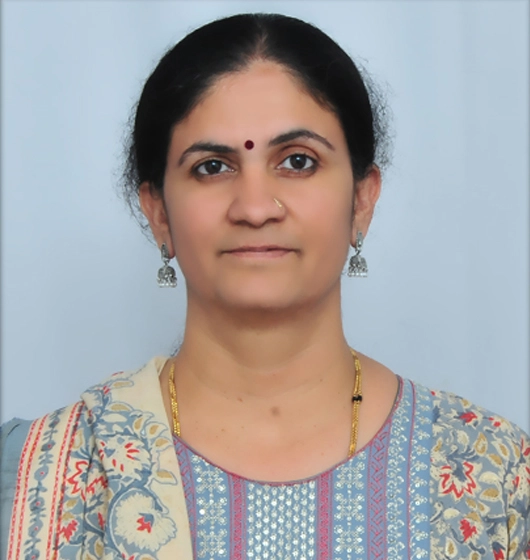
Roopa Patil
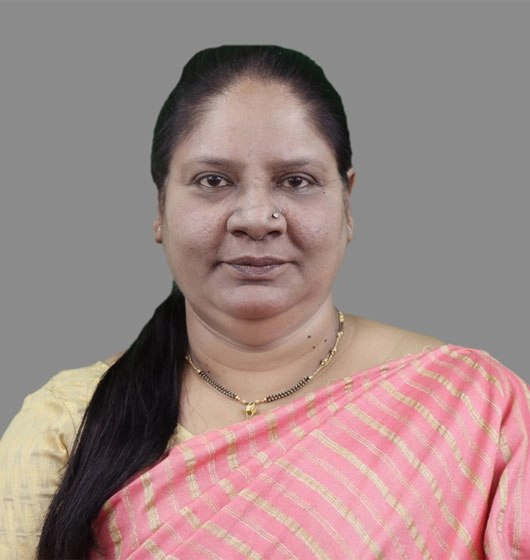
Farhat Begum
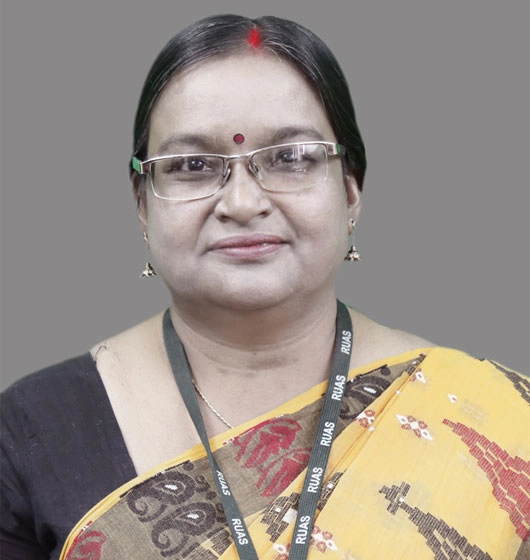
Sunita Chakraborty
Initiatives
- Shift in class-room teaching style, from being a teacher-centric to participant-centric style
- Workshops for enhanced effectiveness of internal stake-holders
- Mentoring and Coaching students for prestigious competitions (Conventional Debate, British Parliamentary Debate, Model United Nations {MUN}, Theater, Essay Writing)
- Innovations in Classroom Delivery
- Priority is for experiential learning
- Imparting knowledge / skill is through activities
- A repertoire of activities is created for each intended learning outcome
- Activities consist of games, exercises, case studies, role plays, group work, group task, debates, quizzes and video clips
- A brief theory session to summarize and reinforce the experiential outcome
- Innovations in Directorate Functioning
- Agile Approach
- Agility in development and delivery
- Welcome changing requirements
- Work closely with the customer
- Customer delight
- Continuous focus on quality and excellence
- Self-directed and self-organized team
- Initiating activities around motivated individuals
- Rapid learning and continuous improvement
- Reflection at regular intervals
Contact Details
Mr. Jyothi ShankarDirector
